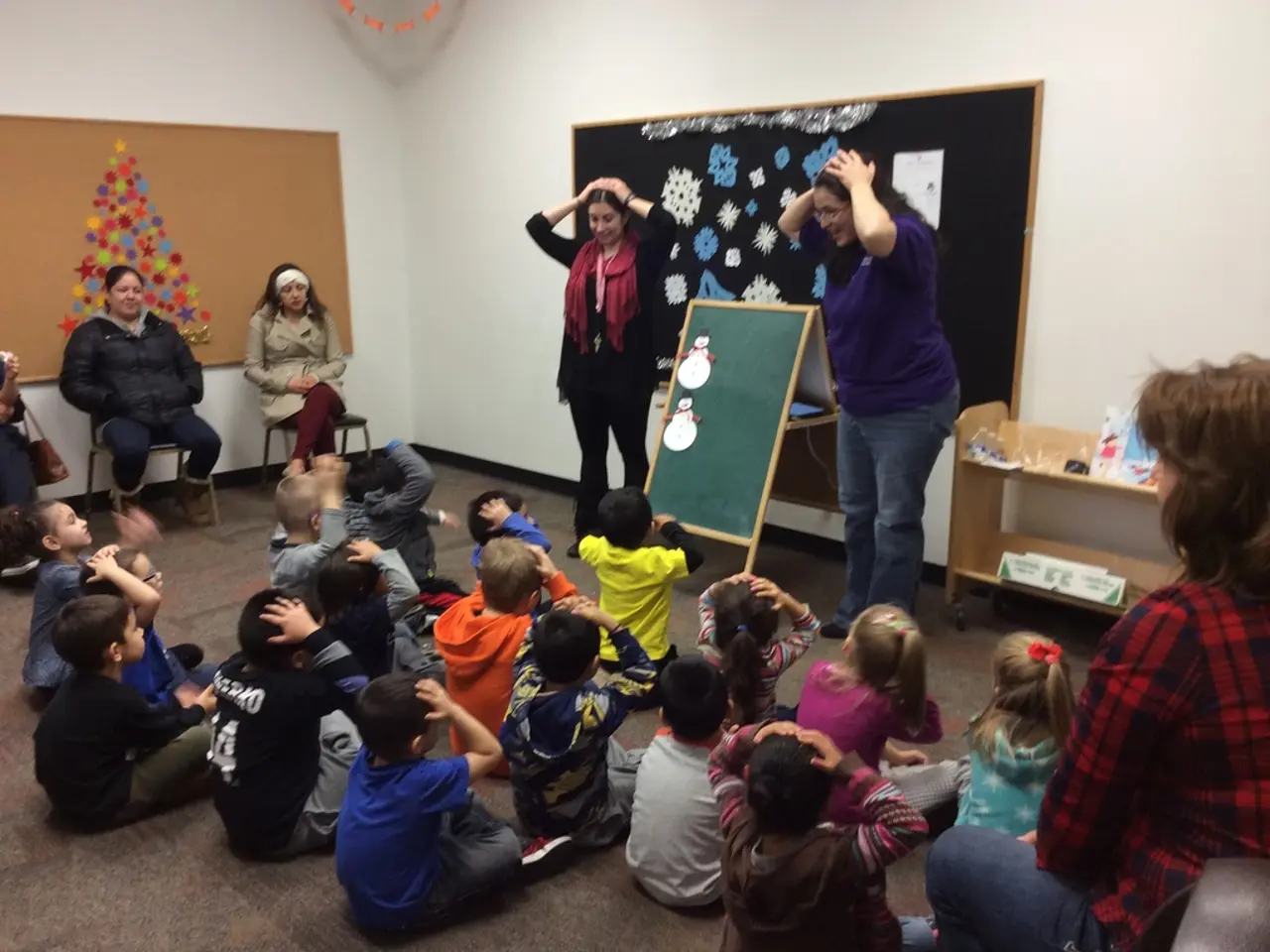Artificial Intelligence Tutors Stir Concern among Parents, Despite Their Significance
In the ever-evolving world of education, Artificial Intelligence (AI) is making a significant impact, particularly in situations where traditional resources are scarce. AI tutors are proving to be a valuable resource in rural and low-resource settings, expanding access to help for students who may not have it otherwise.
One of the key advantages of AI tutors is that they provide a judgment-free zone for students to ask questions and seek help without fear of embarrassment. This safe learning environment encourages students to engage more actively, fostering a culture of curiosity and learning.
However, it's important to note that AI tutors should not replace traditional tools such as class notes, textbooks, or human interaction. Instead, they should be one tool in a set, ensuring a balanced learning approach. Mixing AI with traditional tools can help students build habits of cross-checking and critical thinking, essential skills for the digital age.
Despite the benefits, there are concerns about the accuracy of AI-generated answers. Some parents have experienced AI providing incorrect information, highlighting the need for vigilance and critical evaluation when using AI tutors.
Parents play a crucial role in guiding their children's use of AI tutors. Setting clear rules, such as limits on usage time, content control, and protection of personal data, is essential. Exploring AI applications together with children allows parents to discuss positive and negative experiences, teach critical evaluation of content, and ensure children understand privacy risks and data sharing restrictions.
AI tutors offer instant feedback, helping students to correct their mistakes quickly and enhancing the learning process. However, some parents worry that AI does not allow for the struggle and learning process that traditional homework provides. Encouraging deeper prompts, such as "Point out the weak spots in my essay" or "Explain this formula and give me a new example to solve," can make AI tutors act like thought partners rather than answer machines.
Parental presence for a few minutes can also encourage critical processing when using AI tutors. This interaction helps bridge the gap between AI-generated answers and the human touch, ensuring a holistic learning experience.
In April 2025, the White House announced the Advancing Artificial Intelligence Education for American Youth initiative, making AI literacy a national priority. As we move towards a more digitally-focused future, it's clear that AI tutors will play an increasingly important role in education.
However, it's essential to remember that AI tutors are not meant to replace teachers, peers, or the struggle of learning; they are meant to amplify learning when guided wisely. In subjects such as literature, history, or philosophy, where nuance and interpretation are key, parents may still have concerns about AI misrepresenting sources or oversimplifying complex debates.
In conclusion, the challenge for families is not deciding whether their kids will use AI, but making sure they learn to use it as a partner, not a shortcut. By fostering a culture of critical thinking, encouraging active engagement, and guiding the use of AI tutors, we can ensure that our children are well-prepared for the digital future.








